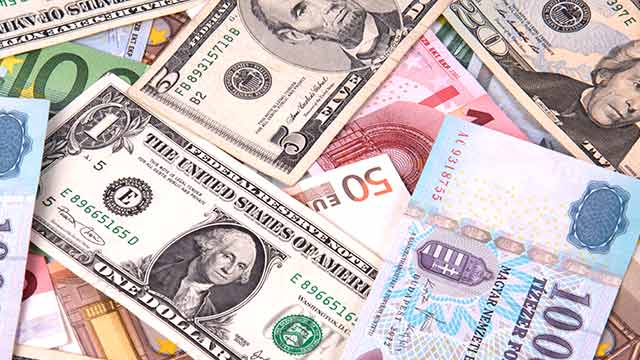The government is in dire need of foreign currency for the importation of essentials such as medicine, electricity, fuel and grain, among others and has come up with desperate measures to secure it locally.
This is however, happening seven months since the powers-that-be outlawed the use of foreign currency in Zimbabwe in favour of the local currency which has continued to deteriorate.
As a way of sourcing the scarce forex, late last year, the President Emmerson Mnangagwa-led administration pegged passport fees for Zimbabweans in the diaspora at a whopping US$318.
Recently, Home Affairs Minister, Kazembe Kazembe said the government was working on regulations to allow locals with foreign currency the option to pay for passports in forex as well in a bid to speed up the process and clear the huge backlog.
National Railways of Zimbabwe (NRZ), a government wholly-owned company, was last week granted permission by the Reserve Bank of Zimbabwe to charge in foreign currency for goods exported under the Cost, Insurance and Freight (CIF) conditions.
As if that was not enough, the Zimbabwe revenue authority (ZIMRA) which has continued to charge duty especially for vehicle importers in foreign currency Tuesday issued a statement further betraying the government’s desperation for foreign currency.
The tax collector ordered businesses trading in both Zimbabwe dollar and foreign currency to pay their taxes in foreign currency.
ZIMRA said it had come to their attention that despite the ban on multicurrency regime, some businesses were still transacting in both local and foreign currency, adding it was prudent for such businesses remit their tax obligations in forex.
Taxes to be paid in foreign currency, according to ZIMRA include Pay-As-You-Earn, Value Added Tax, Capital Gains Tax and mining royalties.
ZIMRA added that if part of the employee remuneration was being paid partly in foreign currency and local currency, the employers shall apportion the employee’s tax accordingly and remit both the forex and local currency to the tax collector in time.
“First and foremost, this shows that the government is desperate for foreign currency as they want to narrow the gap between exports and imports,” said economist, Stevenson Dlamini.
Dlamini said the money the government could raise from passport fees in forex was meagre compared to what the country needs.
He said the country should instead focus on growing exports while at the same time luring investors through policy consistency.
“Investors are still observing us and the current government has not been in power long enough to prove consistency,” said Dlamini.
“We are still under probation.”

